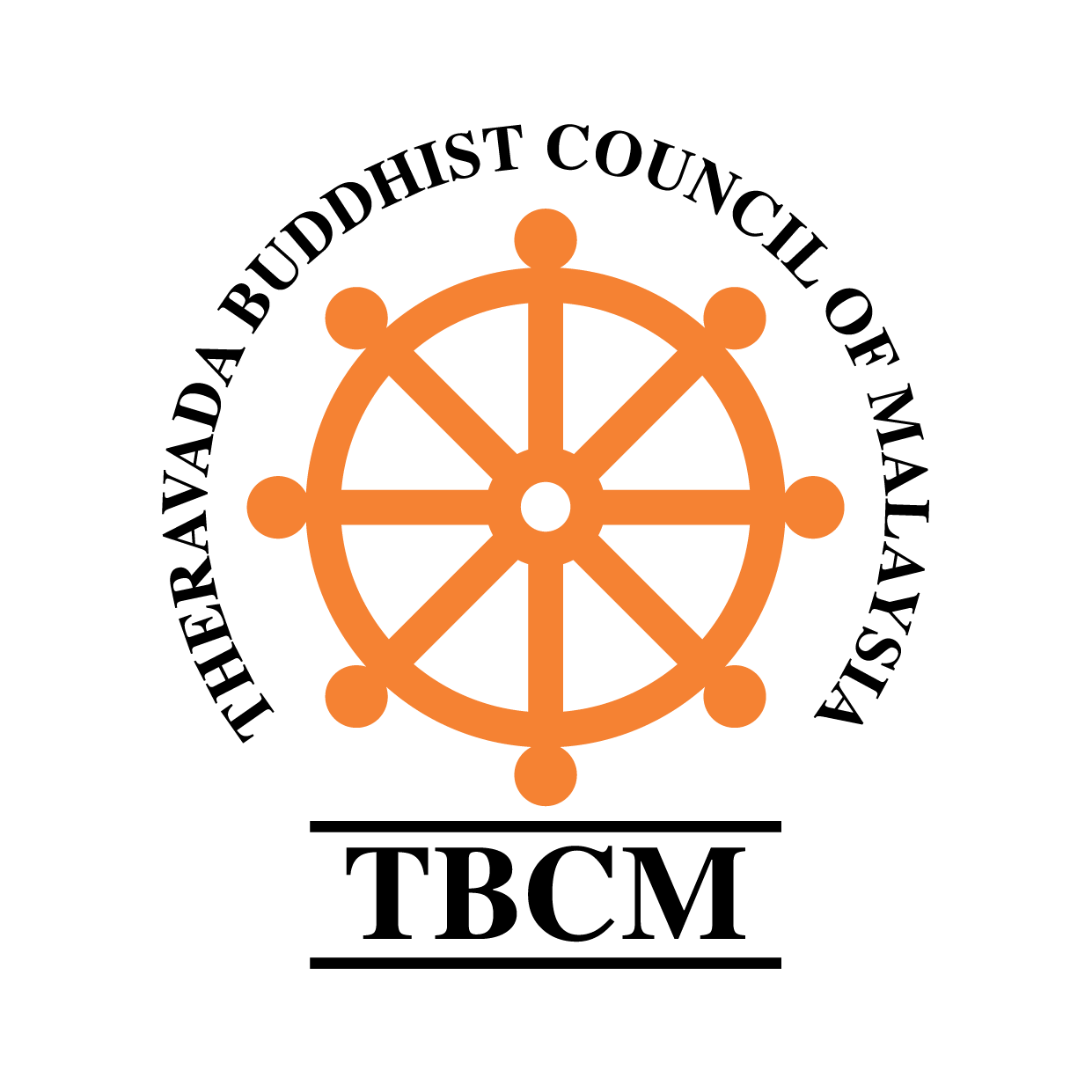Theravada Buddhist Council of Malaysia

What is Theravada Buddhism?
Theravada (pronounced — more or less — "terra-VAH-dah"), the "Doctrine of the Elders," is the school of Buddhism that draws its scriptural inspiration from the Tipitaka, or Pali canon, which scholars generally agree contains the earliest surviving record of the Buddha's teachings. For many centuries, Theravada has been the predominant religion of continental Southeast Asia (Thailand, Myanmar/Burma, Cambodia, and Laos) and Sri Lanka. Today Theravada Buddhists number well over 100 million worldwide. In recent decades Theravada has begun to take root in the West.

Vassa, Pavarana and Kathina
The Vassa, a three-month rains retreat, was instituted by the Buddha himself and was made obligatory for all fully ordained bhikkhus; the details are laid down in the Mahavagga of the Vinaya Pitaka (3rd and 4th chapters). The retreat extends over a period corresponding to the North Indian rainy season, from the day following the full moon of July until the full-moon day of October; those who cannot enter the regular Vassa are permitted to observe the retreat for three months beginning with the day following the August full moon. From the time Buddhism was introduced to Sri Lanka by the Arahant Mahinda, the observance of Vassa -- Vas in Sinhala -- has been one of the mainstays of monastic life on the island. During the Vas the monks are expected to dwell permanently in their temples and suspend all travelling. If unavoidable circumstances necessitate travelling, they are allowed to leave their residences on the promise that they will return within a week (sattahakaraniya). On the first day of the retreat, the monks have to formally declare that they will dwell in that manner in the selected monastery or dwelling.

Stream Entry : Sotāpatti
'Calm is his thought,
calm his speech, and
calm his deed,
who, truly knowing,
is wholly freed,
perfectly tranquil and wise.'
- Dhammapada Verse 96

Veyyāvacca : Service
'Should a person do good,
let him do it again and again.
Let him find pleasure therein,
for blissful is the accumulation of good.'
'Puññaṃ ce puriso
kayirā kayirāthetaṃ punappunaṃ
Tamhi chandaṃ kayirātha
sukho puññassa uccayo.'
- Dhammapada Verse 118

"How to Practice Mindfulness in Daily Life"
A Dhamma Sharing
by Āyasmā Aggacittaon 8 July 2017
at Buddhist Gem Fellowship, Selangor.

The Buddha's Enlightenment & Brahma (God)
There have been misconceptions by certain quarters that Buddhas were (and will be) 'sent by' or that a Buddha's Enlightenment was 'given' by Brahma (God) (as taught in some popular philosophies). This error in understanding the Dhamma-Vinaya is often the result of 'wanting to see a deity behind everything' resulting in 'cherry-picking' (while ignoring the large body of teachings that provide the complete understanding of the subject), 'seeing things where there is nothing there' and 'blind to things which are in front of them' (quoted in their writings).
The following is a sampling from the Tipitaka and sharings from respected members of the Bhikkhu Saṅgha on the Buddha's Enlightenment & Brahma (God).


Asalha Puja ("Dhamma Day")
Asalha Puja commemorates the Buddha's first teaching: 'the Turning of the Wheel of Dhamma' (Dhammacakkappavattana Sutta) to the five ascetics at the Deer Park (Sarnath) near Benares, India, on the full moon day of the 8th lunar month according to the old Indian calendar.


Finding True Refuge
A Dhamma Sharing
by Venerable Pannavati Bhikkhunion
' Finding True Refuge '(a short video).
Venerable Pannavati Bhikkhuni is the Co-Abbot of Embracing Simplicity Buddhist Hermitage in North Carolina. She discusses how meditation was a paradigm shift that helped her master her emotions. Her first taste of meditation gave her doubts about the practice, but her persistence was rewarded by a profound change in her view of her life.
